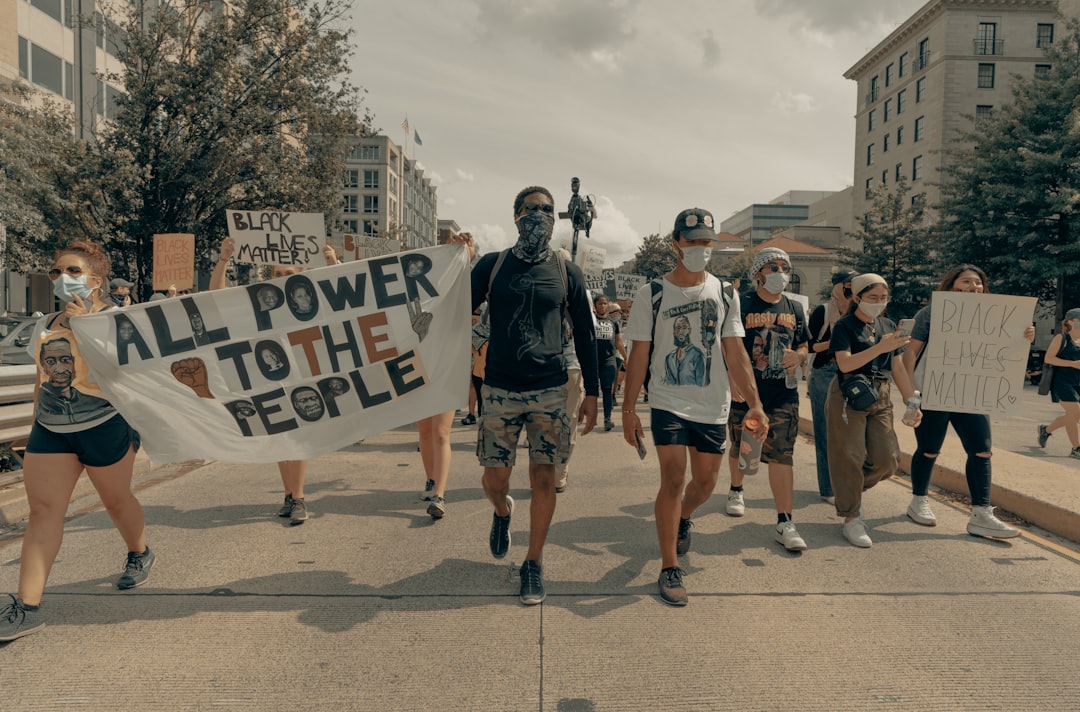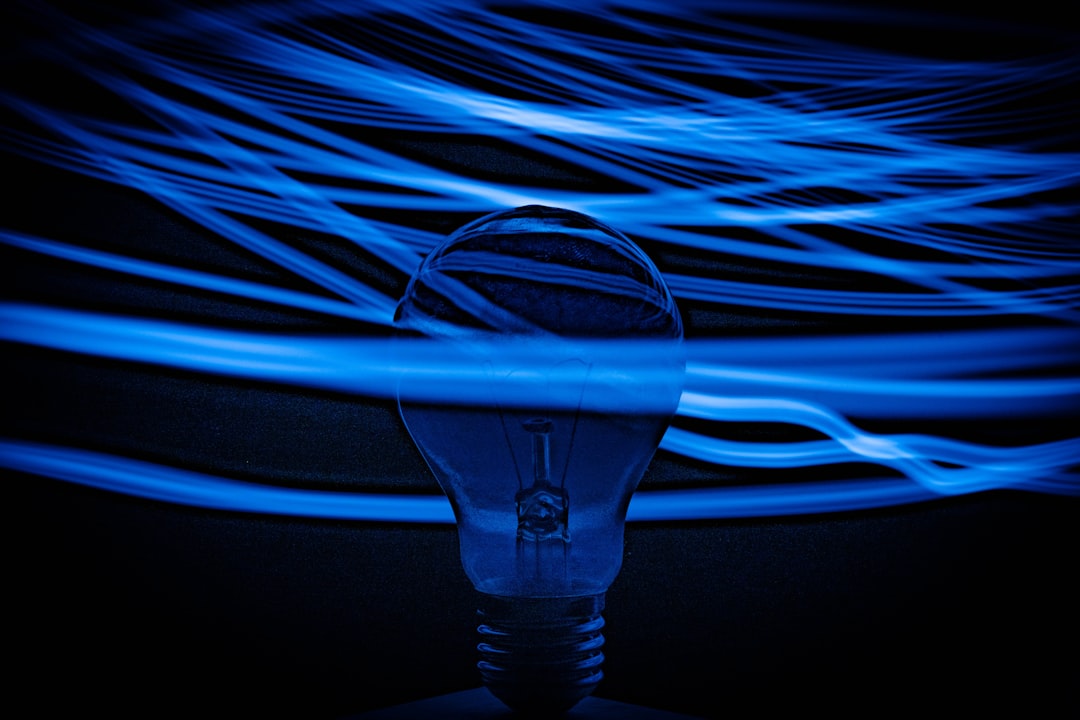Power is not a bad word
Let's make 2024 the year of real people power
For decades people have talked about the Democrats hesitating to use power, refusing to wield power, or in any number of ways shying away from the strong exercise of the power they do win. Meanwhile, the Republicans of course have no such qualms. They play dirty, they act ruthless, they do whatever they can to win power and then they use it once they’ve obtained it. The recent attempts by Maine and Colorado to throw Trump off the ballot is, finally, a real attempt to exercise power in a meaningful way. Removing the insurrectionist candidate who is open about wanting to end the admittedly limited democracy we have would be unequivocally good. But the immediate response from a number of “very serious” centrists, and even some liberals, was that attempting to kick Trump off the ballot was worse than doing nothing at all.
For one, as Noah Berlatsky wrote, “The Republican party already doesn’t consider any election legitimate if Trump loses!” And yet, despite being up against such anti-democratic oppositon, a whole lot of people consider any exercise of power in this country, from anyone other than Republicans, to be foreign, alien, and even reprehensible. But at an even more important and foundational level, we ourselves are not familiar with power. I mean you and me. We don’t have much power, we don’t know how to build power, and too many ordinary people seem to think that power itself is a topic which shouldn't be in our wheelhouse at all.
The sheer number of reasons that people like you and I have been rendered either powerless or even allergic to power is too long to fully run through. But there are some big chunks of explanation we can cover. For one, decades of prosperity, particularly from the ‘50s through the ‘90s, created a big middle class that didn’t feel any particular need to be concerned with power. Millions of people had everything they needed, or so they thought, and so politics could become an increasingly distant thing where people voted every four years – every two if they were diligent. And when Reagan and his right-wing coalition attacked unions, regulations, and so much more with so much success, the impetuous and ability to fight back simply wasn’t there for so many.
But this is just one facet of a larger and longer trend. Much of the history of American politics is a history of power becoming more and more distant from our daily lives. The famous Democracy in America by Alexis de Tocqueville chronicles the French aristocrat’s visit to the young United States in the early 1830s. Of everything he saw and recorded, the one thing that always sticks with me is his time in New England, where he witnessed people in countless small towns religiously devoted to the (relatively) democratic control of their communities. Despite the many limitations, which we are now well aware of, there remains a massive and vital lesson in seeing how townspeople were devoted to their town councils, went to every meeting, and ran a substantial portion of their lives together in a directly democratic fashion. As de Tocqueville wrote, “Town-meetings are to liberty what primary schools are to science; they bring it within the people’s reach, they teach men how to use and how to enjoy it.”
If we substitute power for liberty there, we get a very similar result. We get a vision of freedom that is brought about by people have a significant degree of control over their own lives. Not just because you or I individually have the right to do whatever we want, in this vision, but because we can actively and meaningfully participate in governing ourselves collectively. And while there were massive limitations to how this was practiced in 1830s New England, namely the fairly small number of people actually eligible to participate in this process, we can take the principle and the approach, expand it, and run with it.
Running with it takes shaking off some misconceptions that have developed in the intervening years. The first is getting rid of the idea that power is a dirty word. The shady behaviors of politicians over the centuries, perhaps combined with a modern liberal aversion to certain types of conflict, have cultivated the idea that the exercise of power is grimy, shameful, an avenue of last resort. Whatever the reasons are, we urgently need to move beyond this conception that limits and weakens us. Not only because our opponents are utterly shameless in acquiring and exercising power, but because the thing itself is not something to recoil from. We live in a society where wealth and power are so unevenly distributed that the notion of being powerful has been imbued with a sense of inequality. And throughout history that has most often been the case. But whether it's town meetings or a democratic unions or a well-organized community group, power need not be distributed unevenly and unequally. It need not be something accumulated by some individuals at the expense of others. It can be something built and used by collectives, for the collective good.

2024 is going to be a difficult year. What Israel is doing to Gaza will continue to be devastating. The election will be a mess, and a dangerous mess. We will likely get more news about the rise of the far-right around the globe. But there will also be victories, and opportunities. The actions of the right and the relentless greed of capitalists everywhere are encouraging and spurring on the left, even as they seek to crush us. People are tired of not being able to afford a home, tired of any hint of democracy being attacked, and tired of bigotry. We have started to build power and ways big and small, and we saw that last year. We saw a year of record labor struggles and record labor wins. We saw unions in countless industries walk out on strike, we saw tenant unions make their mark, and we saw a massive peace movement rising around the globe. The seeds have been planted, and are starting to grow fruit.
This year we need to add some key ingredients so that our seeds can continue grow and thrive and create the movements and systems we need. For one we need power, people power. We need to shake off our reluctance to build and wield power, and we need to shake off the idea that we should cede power to professional politicians in city hall or the statehouse or Washington. We can and should build power for ourselves and our communities. Together we can create and foster the organizations that allow us to act collectively in our neighborhoods and towns and workplaces. It takes diligence and thoughtfulness to structure these groups and institutions so that power is used responsibly and not overly concentrated among just a few people. And it takes learning some theory and praxis from those who are already doing more direct democracy around the world. But more on that later.
For now, let’s commit to building power together in 2024. To meaningfully push back on fascism, the ever-encroaching tendrils of capitalism, and apathy we all need to become meaningful actors in our lives and in our communities. We need to build power and build our sense of agency. Alone we might remain powerless in the face of these massive systems and forces, but together, connected by bonds of care and by organizations that allow us to move together and take action as a unit we can do anything. So let’s make this year our year. Let’s make it a year of real grassroots organizing. Because we’re going to need it, and because it can be a truly beautiful thing. Onwards.



I thought this article was going to build up to the famous MLK quote about power without love being reckless and abusive, and love without power being sentimental and anemic. Still, I think this article was quite interesting and stirring on its own. Kudos
Thanks for making this really important point, Joshua.
Power is not a dirty word. We need to claim it and wield it in a just and caring way. I hope, as you say, 2024 becomes the year of real people power.